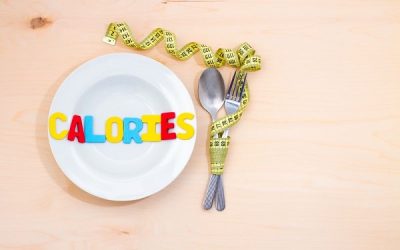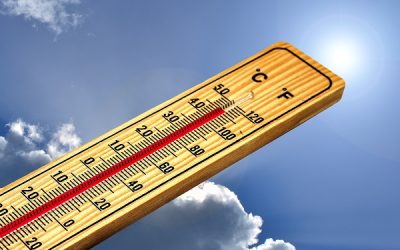Recent research is starting to suggest that if you eat while blindfolded or if you turn off the lights and have your meals in darkness, you could actually be helping yourself to lose weight more easily. The reasoning behind this rather odd-sounding strategy is that when you can’t see what you’re eating, it prevents the “cephalic” stage of the digestive process from occurring.
That is the initial stage in which the body prepares itself for food it is expecting to receive. It causes salivation to increase and the stomach begins to excrete gastric juices. This is typically initiated when you see food in front of you. That said, scientists now believe that if you blindfold yourself or turn off the lights, you won’t see the food and will, therefore, prevent that first stage from kicking off, which could help with weight loss.
When the cephalic stage doesn’t occur, food actually becomes more challenging to consume, making it less appealing. The result is that many people will eat less and will, therefore consume fewer calories as a result. Help with weight loss is the result.
A recent study conducted in Germany by researchers at the University of Konstanz involved the participation of 50 people who wore ski goggles that had been specially modified so that the participants were not able to see the foods they were about to eat. Another 40 participants were given the same foods but without being blindfolded.
None of the participants in the study – blindfolded or not – were allowed to have anything to eat within a span of 2 hours ahead of participating in the study. Then, they were given three 95 gram bowls of ice cream (in cherry flavor, caramel flavor and vanilla flavor), and 15 minutes in which to eat as much as they wanted of it.
After the 15 minutes, the bowls were taken away and the researchers measured the amounts that were left. During that time, the participants were asked about how much they believed they’d eaten.
On average, the non-blindfolded group thought they’d eaten 159 grams of ice cream, though they’d actually eaten 116 grams. Among those who did wear a blindfold, they ate an average of 105 grams of ice cream, but thought they’d had 197 grams. Clearly, those with the blindfold felt they’d had substantially more, despite the fact that they’d actually eaten slightly less. This perception could play a very important role in future strategies developed to help with weight loss, without dieters feeling as though they are depriving themselves.








